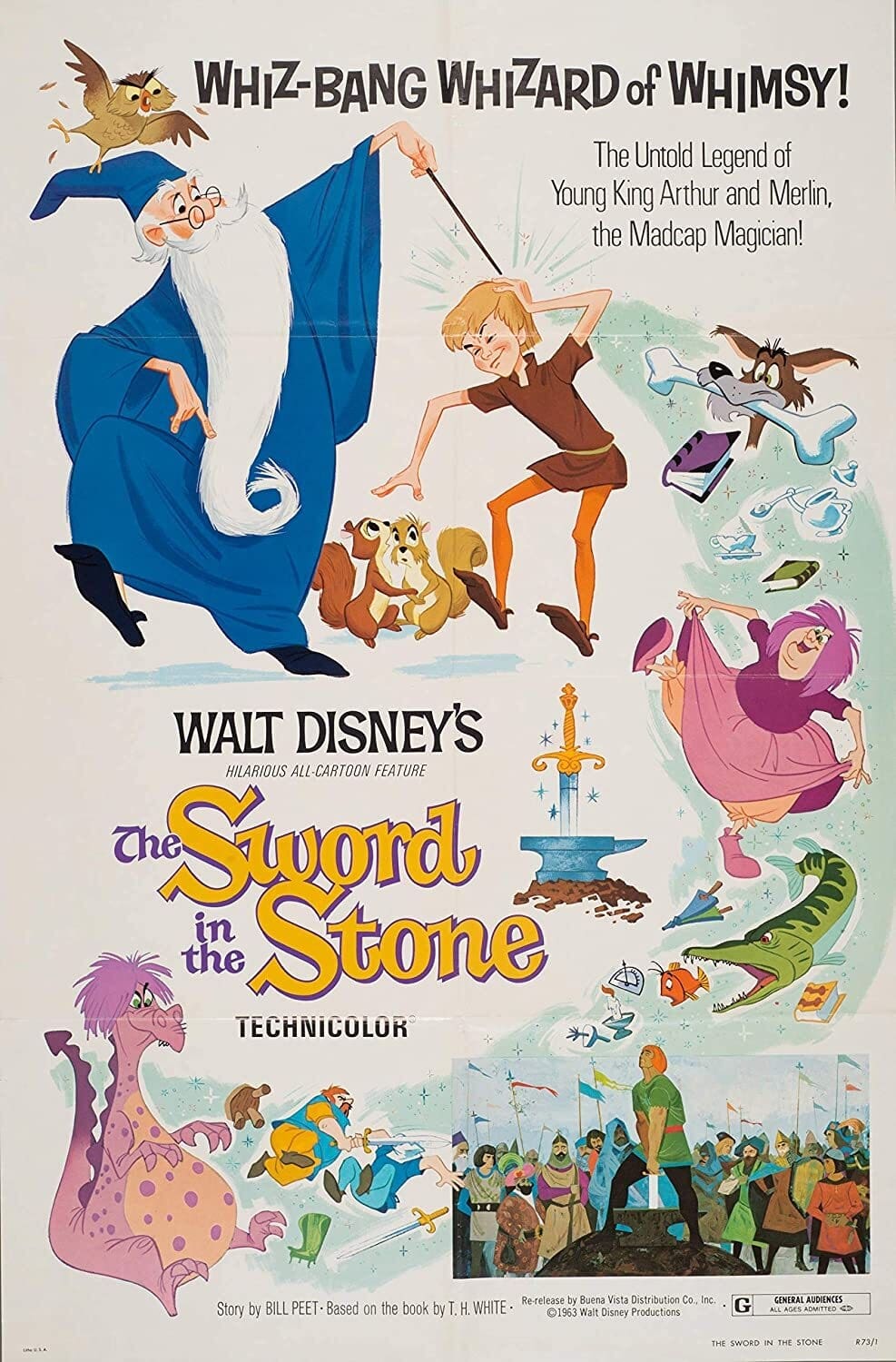


Gone to Ground contains several fantasy stories told by the survivors that were later reprinted in The Maharajah and Other Stories. White's novel Earth Stopped (1934) and its sequel Gone to Ground (1935) are science fiction novels about a disaster that devastates the world. White also became interested in aviation, partly to conquer his fear of heights. The same year, he left Stowe School and lived in a workman's cottage nearby, where he wrote and "revert to a feral state", engaging in falconry, hunting, and fishing.

In 1936 he published England Have My Bones, a well-received memoir about a year spent in England. White then taught at Stowe School in Buckinghamshire for four years. White later referred to him as "the great literary influence in my life." While at Queens' College, White wrote a thesis on Thomas Malory's Le Morte d'Arthur, and graduated in 1928 with a first-class degree in English. Potts, who became a lifelong friend and correspondent. White went to Cheltenham College in Gloucestershire, a public school, and Queens' College, Cambridge, where he was tutored by the scholar and occasional author L. White had a troubled childhood, with an alcoholic father and an emotionally cold mother, and his parents separated when he was 14. White was born in Bombay, British India, to Garrick Hanbury White, a superintendent in the Indian police, and Constance Edith Southcote Aston. One of his most memorable is the first of the series, The Sword in the Stone, which was published as a stand-alone book in 1938. He is best known for his Arthurian novels, which were published together in 1958 as The Once and Future King. Terence Hanbury " Tim" White ( – 17 January 1964) was an English writer.


 0 kommentar(er)
0 kommentar(er)
